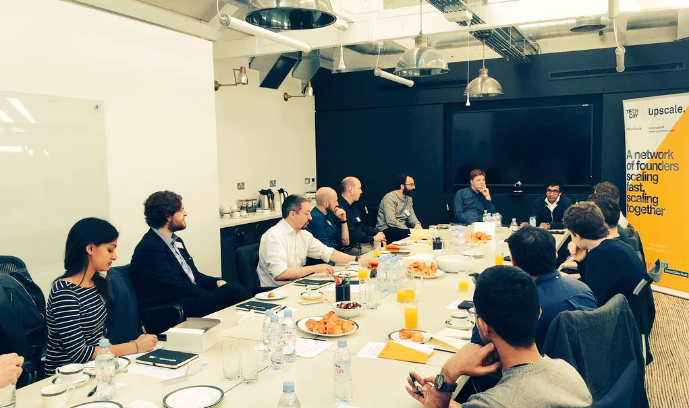Here at Balderton Capital, we primarily invest at Series A. Series A can mean different things to different people but for many of our portfolio companies it happens at the moment when a small team of around 20 people have built a product or business that appears to have true market fit. They then raise a round to facilitate turning that idea and small team into a real company – 100 people or more and a significant-sized, fast-growing business.
There are lots of growing pains during this phase of company growth. But, if you had to pick the hardest, it has to be hiring. How do you scale your hiring process without losing quality? While this topic could easily fill a whole book, I wanted to share 6 things that I think any CEO, CTO or Head of Sales going through this process needs to think about.
- Delegation: The fundamental thing you need to accept is that you are not going to hire every single person on your own anymore. You can absolutely still meet every single potential hire, you can even protect your veto (though be careful of going against your entire team), but you need to be ready to loosen the reins. The sooner you accept this, the faster you can get scaling.
- Ownership: With tools like Workable (disclaimer: we are investors in the company) and an increasing trend of hiring an in-house recruiter, there is no longer the need to automatically hire an agency for your hiring. There is nothing wrong with using an agency when you’re in markets you don’t know or for roles that are entirely new to you (your CFO hire is a good example here), but: this is your problem, only you will really know who and what you want and you will live the pain when a mistake is made.
- Culture: Yes, some of us engineers can get a bit queasy at this fuzzy-sounding, potentially subjective word but this is key. A big reason you’ve been a success so far is because your team all got your culture implicitly. They got it through osmosis and being handpicked by founders. That’s going to change going forward so picking people with the same attitude, the same values and a cultural affinity to how the rest of you all work is crucial. This is particularly vital when you start up new offices. I got this one wrong once – total disaster: you have been warned.
- A, B, C: If you haven’t already read this, read it now. This is when this goes wrong. In the early days, successful start-ups are good at hiring A’s. When there’s pressure to scale and messy delegations, B’s start slipping in. Not good. Not good at all.
- Process: To delegate successfully, crafting the right process is key. Every company has a different one and there is no shortcut to creating yours. Figure out what matters to you in different roles, mix in your cultural requirements and figure out who needs to be involved, how much and when. Then execute the process but measure its success. When you make a mistake, don’t just change the hire: also change the process.
- Marketing: In a market that is competitive for the best hires, you need to market to ensure your brand profile is high and that people understand who you are, what you do and what you stand for before they apply. For the first four years of my company’s life, the only piece of marketing we paid for was a billboard on US101 that was designed entirely to raise our profile in the Bay Area in order to make us look more established than we really were. This was 10% about customers and 90% about hiring.
When you accept your first big investment there is a moment of elation. The immediate stress of making payroll has been pushed back. Your mind starts flying through all those products, sales, marketing and administrative investments you’ve been desperate to make that you can now, finally, afford. But then there’s the reminder that what you’ve also done is sign up for the next level. Your new investors now expect you to make good on those forecasts and take a proven but small model and build a company of a size to be reckoned with. As this realisation settles in like a stone in water, you start to panic about how much you have to achieve in the next 24 months.
At that moment of equal promise and challenge there is really only one thing you can do: hire the right people to achieve what you need to achieve. Push out the other noise, pull out your hiring plan and start work on your process of how you’re going to find, select, attract these people and then, once they’re on board, help them thrive.








